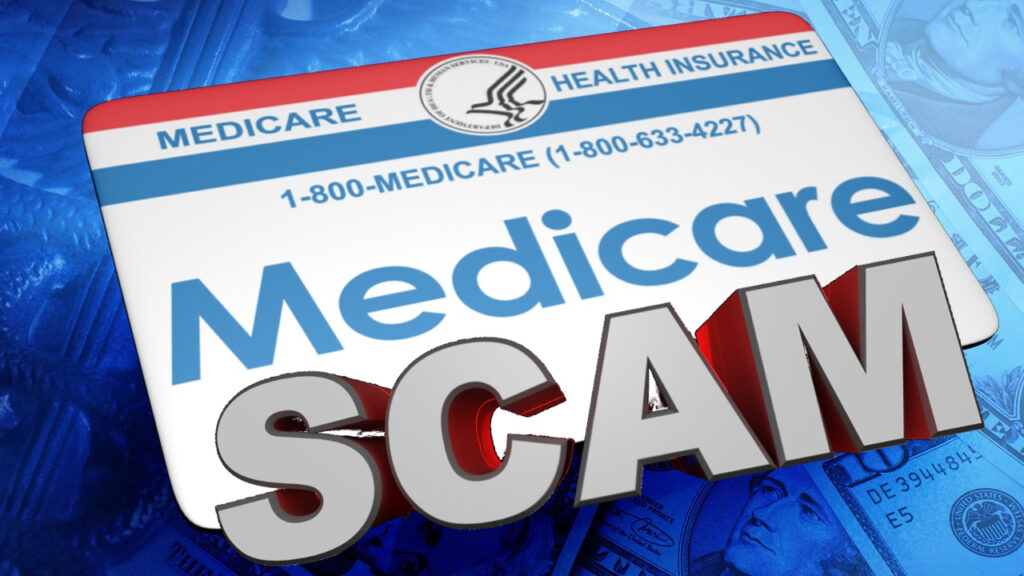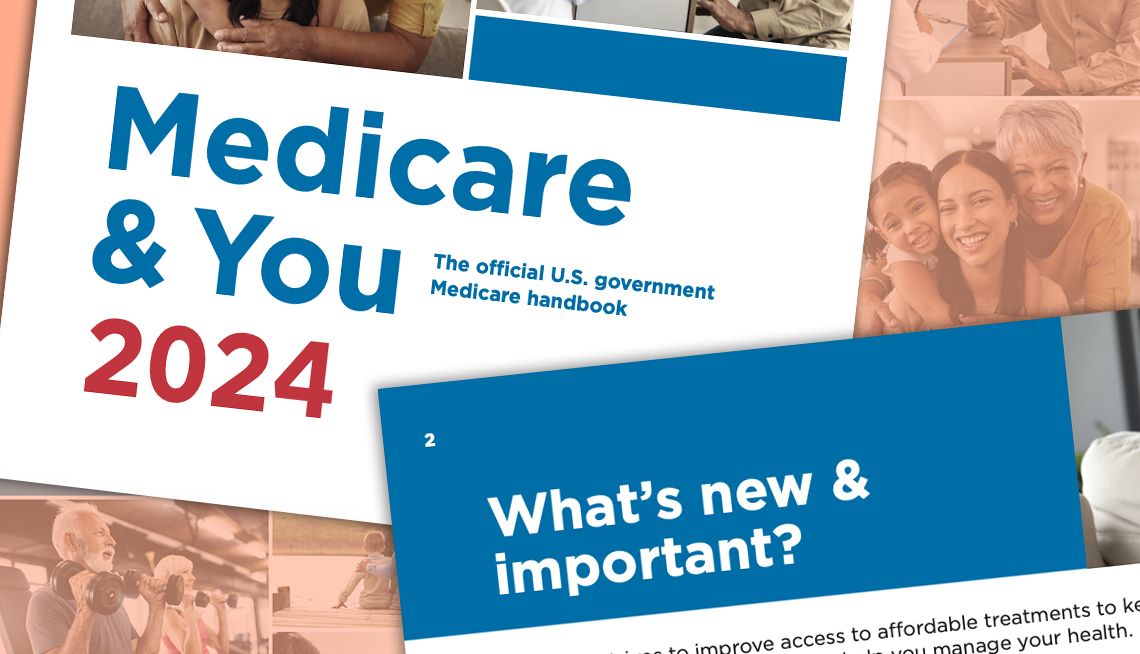
Medicare scams are a frequent occurrence.
Scammers call, mail, or email misrepresenting themselves as Medicare employees that need information from you, like your Social Security number, Medicare number, or banking information.
The closer you get to your 65th birthday, the greater the number of insurance agents that call or send you mail inviting you to a free lunch or dinner to learn all about Medicare. Most of the local agents I heard from seemed to be reputable; it was the one’s that were from out of state that seemed a bit dubious.
Common Medicare Scams
Besides misleading advertising you receive in your mailbox, there are three other places you’ll come across Medicare scams: email, phone calls, and T.V. commercials.
Email – Scammers misrepresent themselves by sending emails that look like they’re from Social Security or Medicare. Through the email, these criminals will try to hack their way into your email and computer.
You can keep from getting scammed by not clicking on any links in the email and calling Social Security or Medicare if you think the email is important.
Phone calls – Medicare scams most often are pulled off through phone calls. The scammer will:
tell you that you’re “missing out” on important benefits
ask questions designed to get you to give them your Social Security number or Medicare number
tell you your Medicare card has expired (Medicare cards don’t ever expire) and they need to verify your personal information to send you a new card
tell you that you underpaid your Part B premium, then ask for your credit card number to pay the additional amount.
T.V. – some Medicare Advantage commercials are misleading. They may promise to give you money back on your Part B or tell you about plans with great benefits, even though they’re not available in your zip code or you don’t have a low enough income to qualify.
Never buy a Medicare plan over a 1-800 number on your television. Call a local, licensed agent and do your research

How to Avoid Medicare Scams
Here are three tips that will help you avoid Medicare scams:
1. Know Where to Apply
Only apply for Medicare Part A and Part B directly through Social Security. Then, use a reputable broker apply for a Medigap policy , Advantage plan, or Part D.
2. Know Who Will Call You and Who Won’t
Medicare and Social Security will RARELY call you. Scammers will call and lie to you by saying they’re from Medicare or Social Security.
If anyone calls and says they’re from Social Security or Medicare, ask them for a. phone number and tell them you’ll call back. When you do that, If they won’t give you a callback number – HANG UP.
3. Never Give Out Personal Information
Medicare and Social Security will already have your Social Security number and Medicare number. Never give those out to anyone who calls you. Also, never give out credit card information to someone who called you.
How to Report Medicare Fraud
If you think you’ve been scammed, call 1-800-MEDICARE immediately. Have your Medicare number handy, as well as information concerning the fraud.
Over 60 million people are enrolled in Medicare and are targets of Medicare scammers. Follow the guidelines above and be safe.





